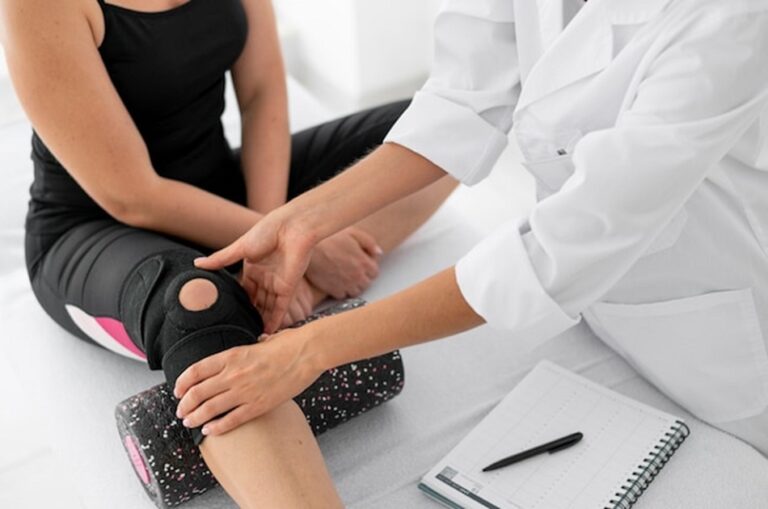
How to Choose Comfortable Shoes to Prevent Bunions?
Bunions can be a very painful and uncomfortable condition, one where the joint at the base of your big toe becomes swollen and painful. Many factors can contribute to developing bunions, and choosing the right footwear is essential for keeping this condition at bay. This article provides some useful tips on picking comfortable shoes to prevent bunions, ensuring your feet remain healthy and pain-free.
Understand Your Feet
Before selecting any pair of shoes, you must have a clear understanding of your foot’s shape, size, and unique features. Visiting a professional podiatrist or specialized shoe store can help you with a proper foot analysis. This will ensure that you select shoes that cater to your specific foot type.
Choose Shoes with Wide Toe Boxes
As a general rule, bunion-sensitive individuals should opt for footwear with wide-toe boxes. This provides ample space for your toes to spread out, preventing any undue pressure on the bunion-prone area. Not only do these shoes provide more comfort, but they can also help prevent the formation of bunions.
Look for Proper Support and Cushioning
Shoes with adequate arch support and cushioning will help distribute your weight evenly across your foot, which reduces pressure on the bunion area. Padding in the shoe’s insole will also diminish the likelihood of developing bunions. Consult with an experienced podiatrist for bunions in Marietta to ensure a tailored treatment plan along with the above-mentioned tips.
Avoid High Heels and Pointed Shoes
Wearing high heels or pointed shoes can significantly increase your risk of developing bunions. High heels cause your feet to slide forward in your shoe, which puts extra stress on your forefoot and toe area. Pointed shoes, on the other hand, compress your toes into an unnatural position, contributing to bunion formation. To prevent potential bunion issues, opt for shoes with low heels (ideally no more than 1-2 inches) and a rounded toe box.
Opt for Adjustable Shoes
Selecting shoes with adjustable fastenings such as laces, buckles, or Velcro straps can help to distribute the pressure across your feet. It allows you to adjust your shoe’s fit according to your foot’s needs, which can change throughout the day or with different activities.
Know When to Replace Your Shoes
It’s crucial to know when to replace your footwear, as worn-out shoes can contribute to foot problems such as bunions. Worn-out shoes lose their structural support and cushioning, which means they no longer provide the protection your feet need. Pay close attention to the wear patterns on the soles of your shoes and replace them when you notice excessive wear.
Be Aware of Bunion-Friendly Footwear Brands
There are several footwear brands that cater specifically to individuals with bunion-prone feet. Research these brands to learn more about their support features designed to accommodate bunions or prevent future issues. Additionally, don’t forget to read reviews and consult your podiatrist for recommendations.
Seeking Professional Help
Having bunions can be very uncomfortable and may require specialized treatment. If your feet are starting to show signs of bunion formation, it’s best to seek professional help. A podiatrist can examine the condition of your feet and suggest the best treatment options, including custom orthotics or shoe modifications. You may also check out what you need to know about painful bunions to stay informed about this condition and its management.
To Sum Up
The key to preventing bunions and maintaining healthy feet lies in choosing the right footwear. By understanding your feet and opting for shoes with wide toe boxes, proper arch support, and cushioning, you’ll be well-equipped to keep bunions and other foot problems at bay. Remember to replace your shoes regularly, and pick footwear that caters specifically to bunion-prone feet for maximum protection. With these tips in mind, you should have no trouble finding the perfect pair of comfortable shoes to prevent bunions. Good luck!












